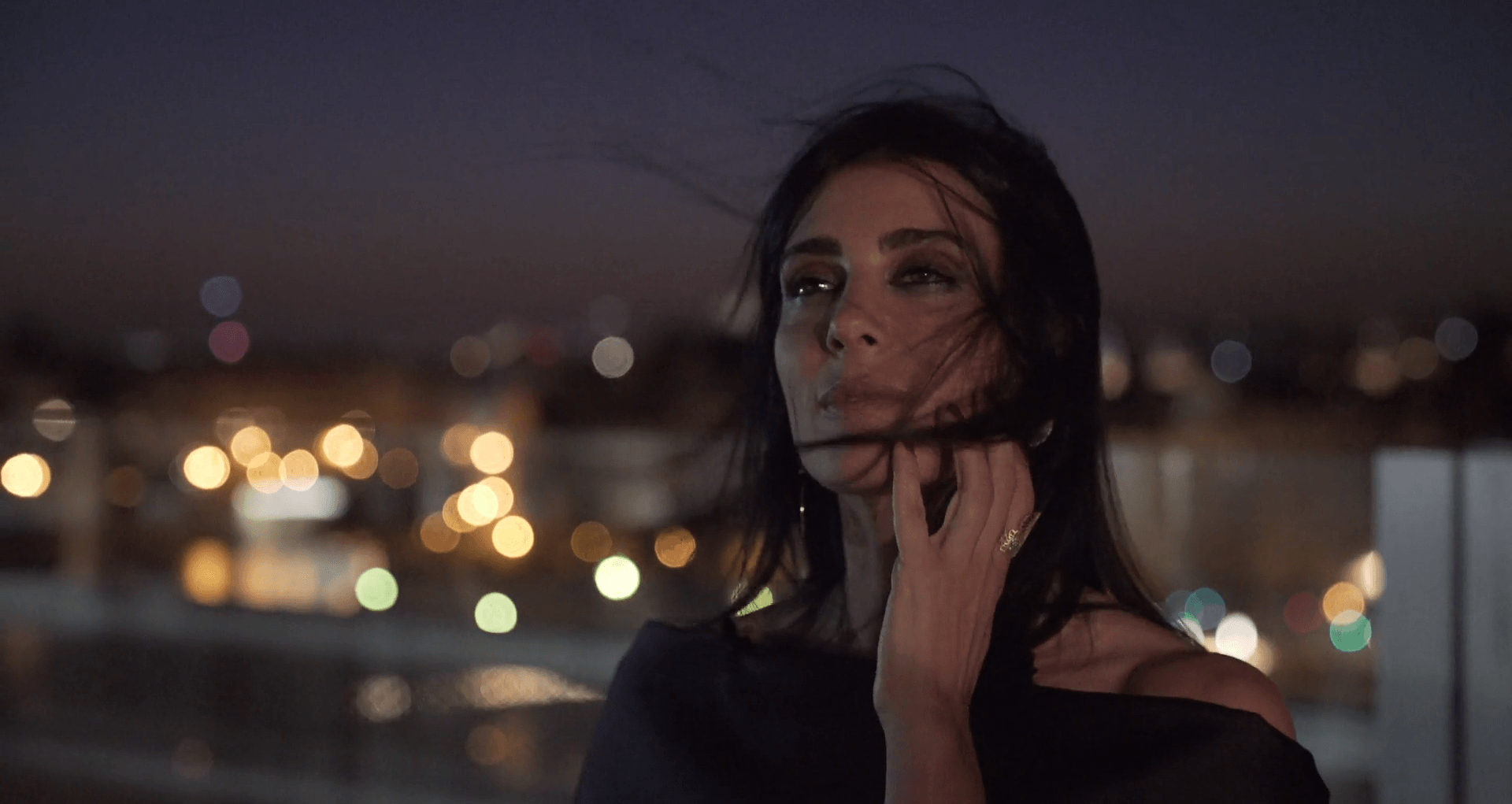Lifestyle
5.14.2019
Nadine Labaki: “Arab cinema has a lot to say”

President of the Un Certain Regard jury for the 2019 Cannes Film Festival, Nadine Labaki is the first Arab woman to hold this position. The Lebanese director of “Capernaum”, who won the Jury Prize at Cannes last year, was kind enough to take part in a question and answer session during an interview on the flowery roofs of the Arab World Institute. Her film, her vision of Arab cinema… The actress and director tells us everything.
“Today, I am president of the Un Certain Regard jury, which proves that sometimes life can be even better than your dreams”. One year after the Jury Prize, the Ecumenical Jury Prize and, for its first edition in 2018, the Citizenship Prize won at the Cannes Film Festival by her masterpiece Capernaum, the Lebanese actress and director is now one of those who give grades: she is president of the Un Certain Regard jury for the 2019 edition of the Cannes Film Festival.
She is, in fact, the first Arab woman to chair this jury, which rewards each year the originality and audacity of filmmakers.
Capernaum, its apogee?
The Lebanese woman probably owes this high point to her latest feature film, which was also nominated for an Oscar for best foreign film in 2019. The film, as it is often the case in her productions, tackles Lebanon in its social complexity. “This film is about those excluded from the system in general, whether it is children, migrants or even Zain’s character who is a non-existent child in the sense that he has never had any documents to prove his existence,” says Labaki.
“My film is about all these problems that I think are inseparable because I have the impression that they are part of the same vicious circle from which we do not break,” she insists.
The beauty, the strength of Capernaum is due in particular to the fact that Nadine Labaki wanted to shoot her sequences in a more immersive way by involving her viewer more, but also by the choice of her casting. “Selim, Zain, Rahil… These are people who have never played in their lives. Each one came with his own experience, his own experience and his own suffering and gave himself up on the screen. But you have to admit, the process is longer and you have to be very patient,” says Labaki. This totally different school of actors has nevertheless succeeded in moving hearts and minds. “There are many true things in the film or at least many moments when fiction and reality mix,” she continues. “A lot of things have been said on screen by people who drew this from their own experience. The whole film is just a choreography between fiction and reality.”
Arab cinema, an industry in full expansion
The worldwide success of Capernaum puts Arab cinema back on the world map of the 7th art. This year again, three Arab films are in competition at the Cannes Film Festival : It Must Be Heaven by Palestinian Elia Suleiman, for the official selection, Papicha by Algerian Mounia Meddour and Adam by Moroccan Maryam Touzani for the Un Certain Regard Award. “I know how important and influential Arab cinema is today,” says Labaki. How much Arab directors have things to say and how much their films are not just entertainment. Their films count.”
And they count so much that the director takes a confident and hopeful look at Arab cinema, an industry which rocked her youth and that she knows well: “I am very optimistic and I feel that Arab cinema has a lot to offer. Each film is really a statement, a real questioning on the systems present and their failures. It’s a cinema that has a lot to say […] Today, all we need is know-how. If we can’t talk about an industry for the moment, there are still some real talents and this is only the beginning for Arab cinema”.
popular

